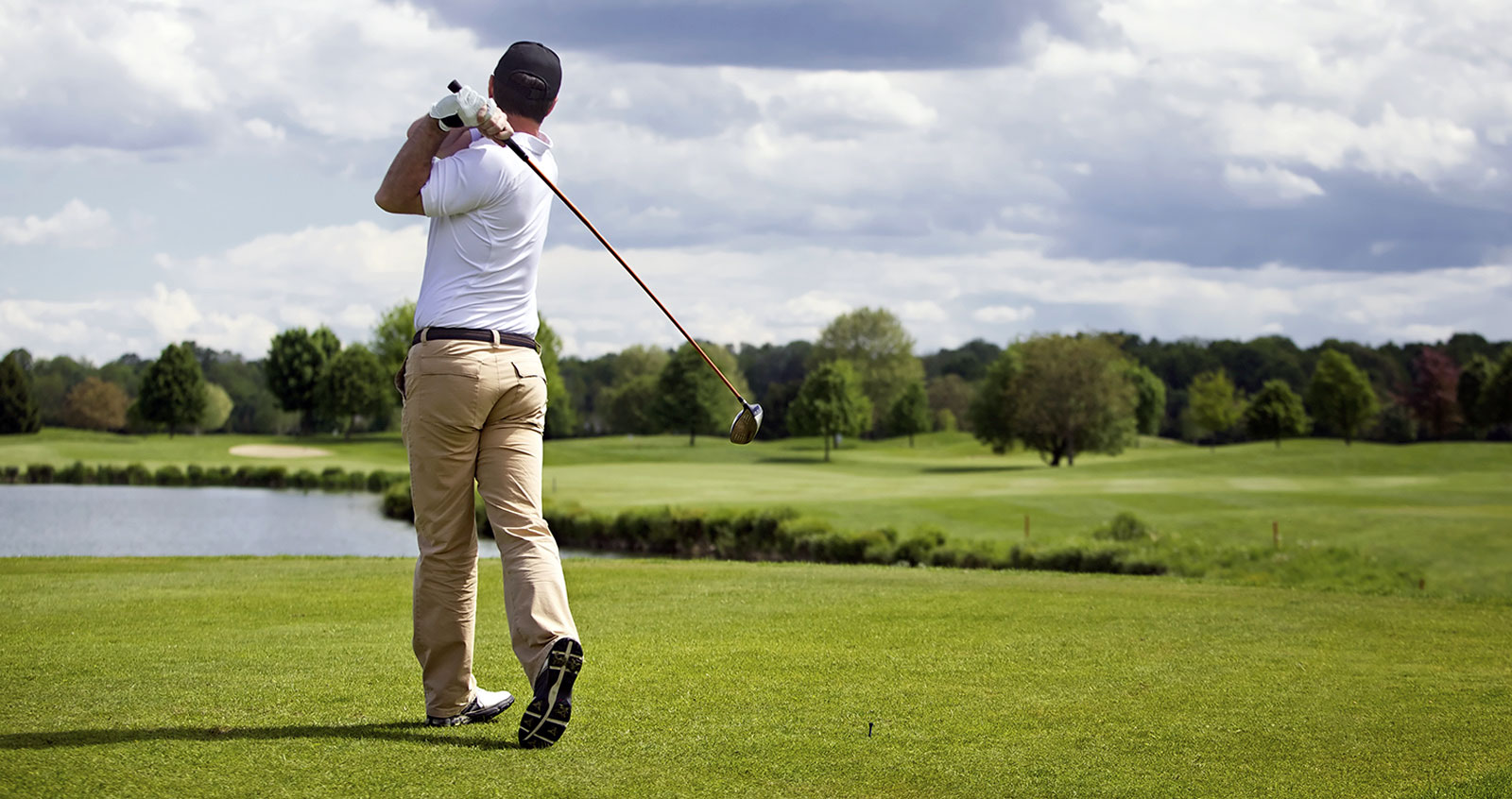By Dr. Frank J. Scerbo PT, DPT, MS, CSCS
Each year, almost 2 million people in the United States visit their doctors because of a rotator cuff problem in the shoulder. Here at Scerbo Physical Therapy & Sports Rehabilitation, we know how these injuries can cause pain and impact your daily life. If you sustain a rotator cuff tear, our professionals are fully qualified to help you recover fully, whether or not you require surgery.
You use your shoulders every day, whether it’s carrying groceries, brushing your hair, playing baseball or tennis, or lifting a little one in the air for them to see over a crowd. A torn rotator cuff weakens the shoulder, so even simple daily activities may become painful and difficult to do.
There are two main causes of rotator cuff tears: injury and degeneration. Tears that result from injury are called acute. Acute tears may result from trauma caused by a fall, or from the stress of lifting a heavy object. There may be a snapping sensation and immediate weakness in your upper arm. Degenerative tears develop over time and may be due to daily wear-and-tear as we age, repetitive stress or chronic overuse. Both types of tears cause pain, and often weakness in the upper arm.
For athletes, overuse injuries of the shoulder are commonly related to micro-trauma due to repetitive overhead activities, especially in throwing sports such as baseball, football, and cross-fit, among others. As these athletes progress to higher levels of competition, throwing harder and faster puts greater demands on the shoulder joint, increasing the risk of injury.
Common symptoms of a rotator cuff tear include:
- Pain at rest and at night, particularly if lying on the affected shoulder
- Pain when lifting and lowering your arm or with specific movements
- Weakness when lifting or rotating your arm
- Crepitus or crackling sensation when moving your shoulder in certain positions
Healing the Tendon, Pre- & Post-Op
Your doctor may offer surgery as an option for a torn rotator cuff if your pain does not improve with nonsurgical methods. If you are very active and use your arms for overhead work or sports, your doctor may also suggest surgery.
Surgery to repair a torn rotator cuff most often involves re-attaching the tendon to the head of humerus (upper arm bone). A complete tear is repaired by stitching the tendon back to its original site on the humerus. With a partial tear, you may need only a trimming or smoothing procedure called a debridement. Advancements in surgical techniques have resulted in less invasive options for repairing rotator cuff tears. All have the same goal: getting the tendon to heal.
At Scerbo, our pre-and post-operative rehabilitation programs give much better short-term as well as long-term outcomes. A rehabilitation program before arthroscopic rotator cuff repair surgery can help you achieve faster recovery and increased range of motion during the first 3 weeks of recovery. After surgery, even though your tear has been repaired, the muscles around your arm remain weak. Once your surgeon decides it is safe for you to move your arm and shoulder, a therapist will help you with passive and active exercises to improve range of motion in your shoulder. Our therapist will work with your doctor and surgeon to come up with the best course of therapy for your needs. You’ll heal faster and may have a better chance of getting fully back to normal.
Prevention
The best thing you can do to prevent rotator cuff injuries is to take good care of your shoulders. The easiest thing to do in order to maintain good shoulder health is to have a regular, balanced exercise routine that focuses on strength, flexibility, and aerobic endurance throughout your body. You can also learn safe lifting techniques when moving heavy objects. Ask us at Scerbo Physical Therapy & Sports Rehabilitation about the vital role of physical therapy in healing and preventing rotator cuff injuries.
We are here to help. Call us at 201-941-2240 or visit our office in Edgewater, NJ and make an appointment today.
Follow us on Facebook and Twitter to learn more about important health news and prevention tips.


